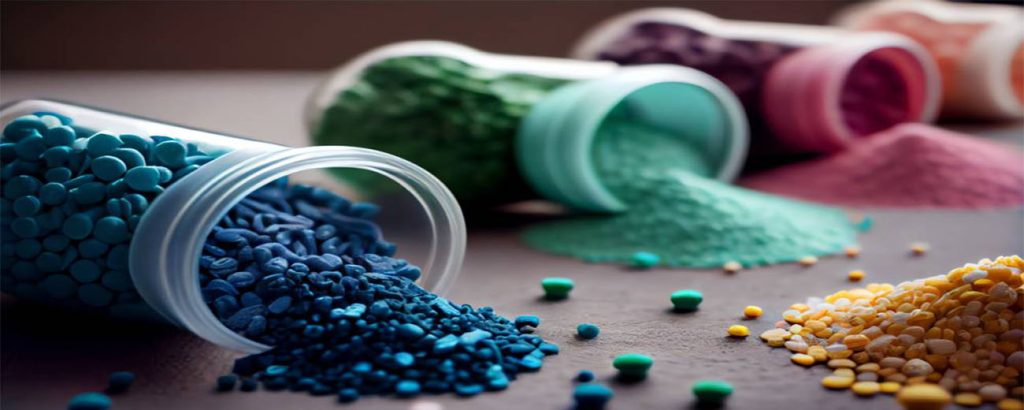- +49 (160) 95 36 60 33
- 08:00 - 17:00
- info@sapphirepetroleum.com
- Select Language
PVC is known for its remarkable versatility, durability, and cost-effectiveness, making it an essential material across various industries. Our PVC products are manufactured to the highest standards, ensuring consistent quality for all your needs.

3. Clear PVC
• Applications:
• Packaging films.
• Blister packs for medical and consumer products.
• Transparent sheets for displays.
4. Flame Retardant PVC
• Applications:
• Electrical insulation for wires and cables.
• Fire-resistant coatings for industrial uses.
5. Chlorinated PVC (CPVC)
• Applications:
• Hot and cold water plumbing systems.
• Industrial equipment and chemical handling systems.
1. Rigid PVC
• Applications:
• Pipes and fittings.
• Profiles for windows and doors.
• Window frames and panels.
2. Flexible PVC
• Applications:
• Electrical cables and insulation.
• Flooring materials.
• Synthetic leather for upholstery.
…
Polyvinyl Chloride (PVC) is a widely used thermoplastic polymer derived from vinyl chloride monomers (VCM). It is synthesized through polymerization, either by suspension, emulsion, or bulk methods. PVC’s versatility stems from its ability to be produced in both rigid and flexible forms, depending on additives.
PVC is one of the most widely used plastics in the world, with applications ranging from construction materials (e.g., pipes, fittings, and window frames) to healthcare products (e.g., medical tubing and blood bags), as well as in electrical insulation, packaging, and consumer goods.
Chemical Structure:
PVC is composed of carbon, hydrogen, and chlorine atoms, giving it excellent durability and chemical resistance. The addition of plasticizers can make it flexible, while stabilizers enhance its thermal and UV resistance.
Key Characteristics:
Economic Impact:
PVC is a cornerstone of the construction industry, contributing to affordable and durable infrastructure solutions. Its cost-effectiveness and performance make it a preferred material worldwide.
Industrial Applications:
PVC is critical in industries such as:
Environmental Impact:
The production and disposal of PVC raise environmental concerns, including:
Sustainability Efforts:
Innovations in PVC Production:
Advancements in green chemistry are enabling the development of bio-based PVC and more sustainable manufacturing processes, reducing the environmental footprint of the material.
Role in Emerging Technologies:
PVC continues to play a vital role in renewable energy projects, such as solar panels and wind turbine components, and is being adapted for use in smart infrastructure solutions.
Polyvinyl Chloride (PVC) is a versatile thermoplastic polymer produced by the polymerization of vinyl chloride monomers (VCM). Its analysis focuses on physical, chemical, and thermal properties, which determine its suitability for various applications. Key parameters include:
Standards like ASTM D1784, ISO 1163, and BS 3505 are used to evaluate PVC properties for specific applications.
PVC is produced globally by petrochemical companies with advanced facilities. Major producers include:
PVC is classified based on formulation and intended use:
PVC’s versatility makes it a key material in various industries:

SAPPHIRE PETROLEUM COMPANY
© 2024 All Rights Reserved | Powered by Netologist
Reviews
There are no reviews yet.